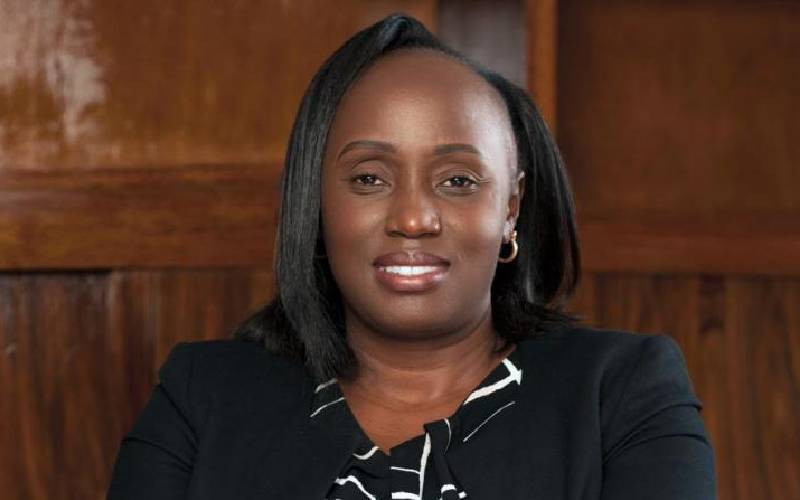By JOHN OYUKE
Nairobi,Kenya:Micro and small-scale entrepreneurs expect to make business gains following the implementation of the new law known as the Micro and Small Enterprises (MSE) Act, indicating optimism in the economy’s biggest employer.
Traders said legal categorisation of their business by sector and annual income as required by the MSE Act will enable their enterprises to become formally recognised and facilitate their participation in the tender processes in government and private sector “The MSE sector is hardly captured in the tendering processes by government or the public sector because it lacks legal backing, but we are happy this has changed with the coming of this law,” said George Okari, an MSE contractor.
The MSE Act is meant to regulate the MSE sector by creating a regulatory authority that will guide in formalisation and facilitate such enterprises operate from secure premises, set up a revolving fund to offer them cheaper loans.
The Act categorises enterprises into four sectors; agribusiness, services, trade, and manufacturing. The law further defines micro enterprises as those businesses with an annual turnover of not more than Sh500,000 and that employ less than 10 people, while small enterprises are defined as those with an annual turnover of Sh500,000- Sh5 million and that employ up to 50 people. Since this categorisation is mandatory, entrepreneurs must now develop the culture of record keeping, which has been lacking in the MSE sector. Such records will help entrepreneurs expand their pool of financing sources, pulling in commercial banks that have shied from the sector because of poor record keeping among other reasons.
“The new law is formalising the industry, and this means it will ease chaos,” said Okari. The law is timely, as the policy of awarding more government contracts to small businesses and the youth is expected to be implement in the coming financial year is also nearing implementation, too, meaning the legal categorisation will come in handy.
Categorisation also means that MSEs belonging to one sector can form associations, and thus, pool resources and speak with a stronger, more collective voice. For instance small contractors that were previously uncompetitive can now organize together and compete for higher priced contracts.
The new law proposes an MSE fund, a revolving fund that will be issued as subsidized loans to enterprises. “What the sector requires are specialized funds with insider knowledge of how the sector operates, as borrowing from banks and microfinance institutions is expensive,” said Juliet Wanjiru, a tailor specialising in making Africa print dresses at Kasarani Shopping Centre.
 The Standard Group Plc is a multi-media organization with investments in media
platforms spanning newspaper print operations, television, radio broadcasting,
digital and online services. The Standard Group is recognized as a leading
multi-media house in Kenya with a key influence in matters of national and
international interest.
The Standard Group Plc is a multi-media organization with investments in media
platforms spanning newspaper print operations, television, radio broadcasting,
digital and online services. The Standard Group is recognized as a leading
multi-media house in Kenya with a key influence in matters of national and
international interest.
 The Standard Group Plc is a multi-media organization with investments in media
platforms spanning newspaper print operations, television, radio broadcasting,
digital and online services. The Standard Group is recognized as a leading
multi-media house in Kenya with a key influence in matters of national and
international interest.
The Standard Group Plc is a multi-media organization with investments in media
platforms spanning newspaper print operations, television, radio broadcasting,
digital and online services. The Standard Group is recognized as a leading
multi-media house in Kenya with a key influence in matters of national and
international interest.









